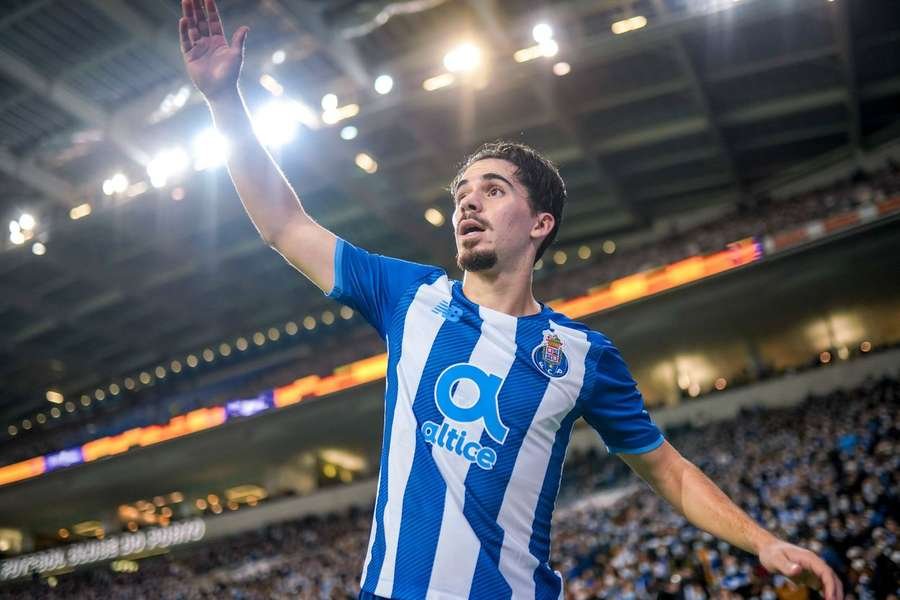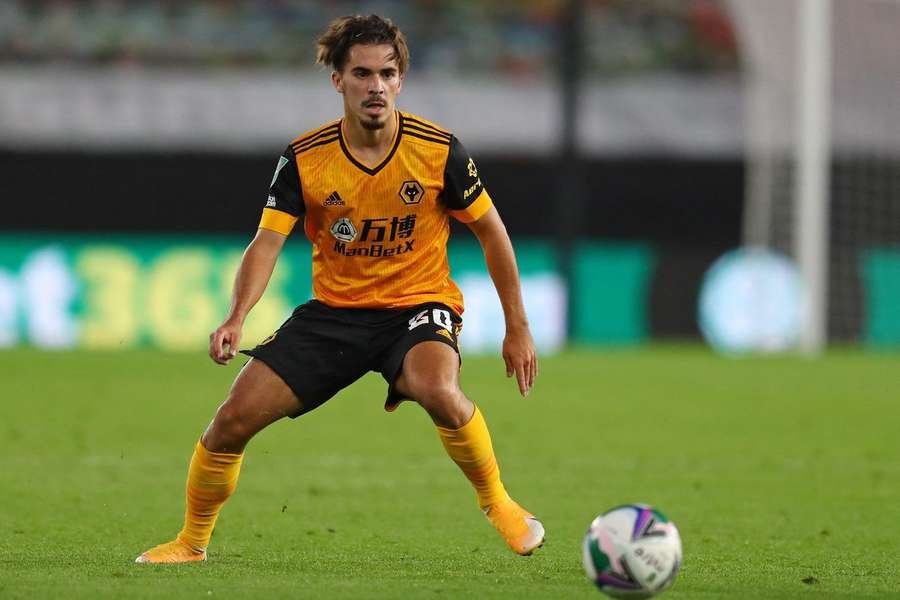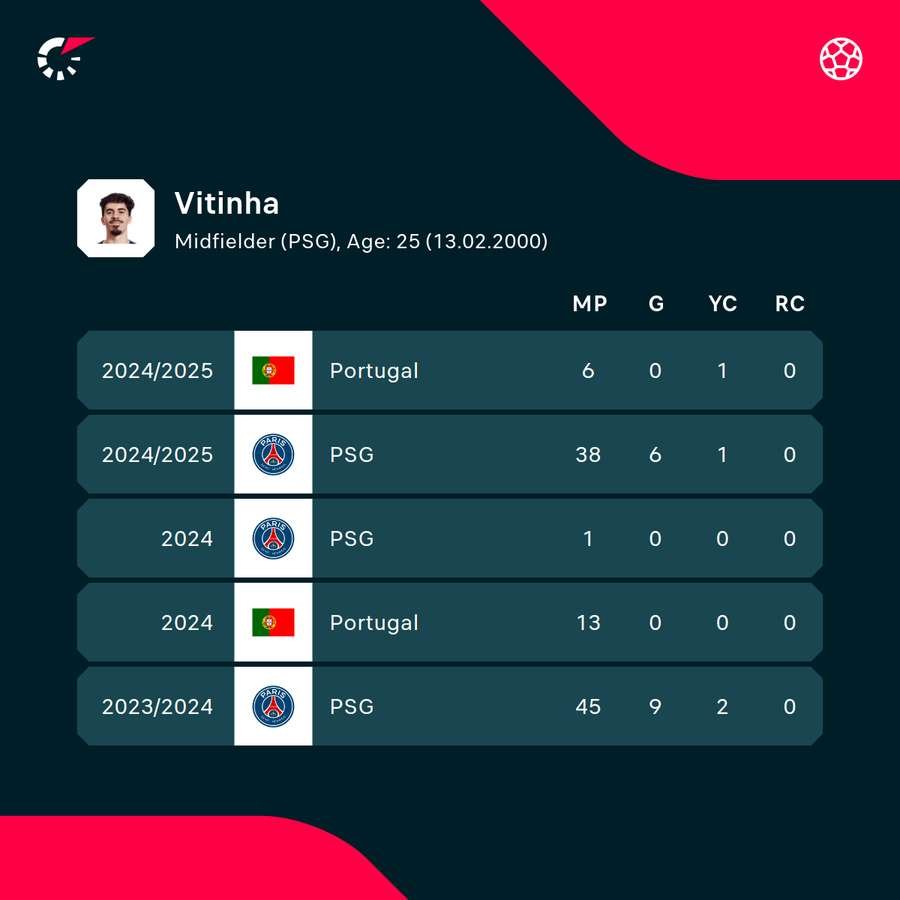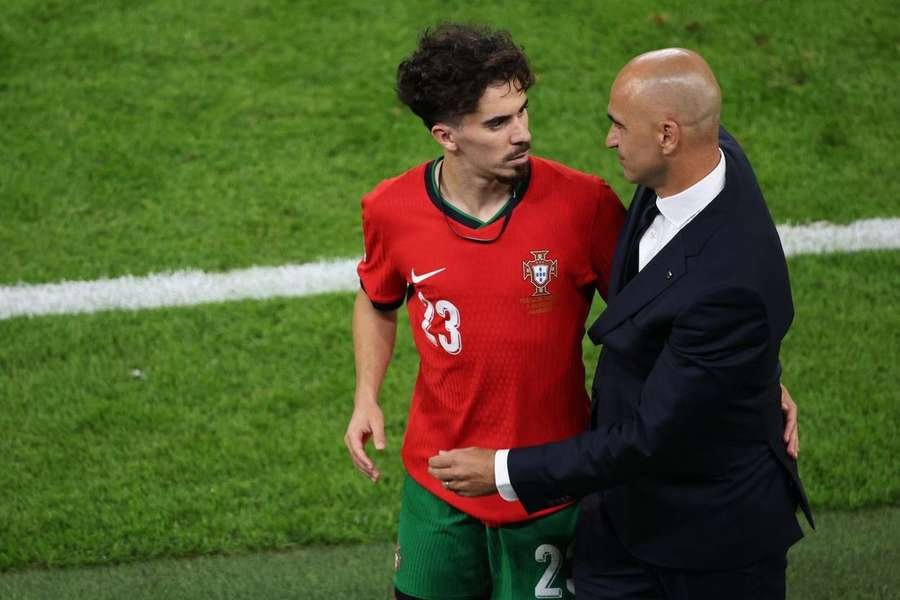Vítor Machado Ferreira, affectionately known as ‘Vitinha’, emerged from a football-loving family in Santo Tirso. His nickname stems not just from his stature—standing at 1.72 metres tall, he’s already risen to the upper echelons of world football. Many consider him one of the finest midfielders currently gracing the pitch. However, his journey hasn’t been straightforward.
Hailing from northern Portugal, Vitinha is the son of Vítor Manuel, a midfielder with nearly 200 appearances in the Portuguese League, predominantly with Desportivo das Aves.
His prodigious talent caught the attention of FC Porto, who began nurturing what could arguably be hailed as the club’s best crop of young talent in its history. At the tender age of 11, despite his allegiance to Benfica at the time, Vitinha was proudly donning the blue and white, alongside future stars like Joao Mario and Fabio Vieira.
In a squad teeming with talent, which included Diogo Costa, Vitinha’s exceptional abilities quickly came to the fore, serving as a clear indication of the midfielder’s unique quality. Among such a gifted generation, it was nearly impossible not to be enchanted by Vitinha’s prowess.

Despite playing a key role in securing both the Youth League and the national youth title, Vitinha’s undeniable talent went unnoticed by FC Porto’s scouting team. Fortunately for the Dragons, Wolverhampton Wanderers weren’t keeping an eye on him either.
Although he shone with the under-19 squad and received commendations from B team coach Rui Barros, Vitinha found opportunities in FC Porto’s first team scarce. Though Sergio Conceicao promoted him, after just 12 matches and a contract renewal, a surprising move to England followed. This was largely due to the surprisingly low buyout clause of 20 million euros. Fans of the blue and white club quickly branded it as “mismanagement.”

A Bumpy Stint at Wolves and a Return to Porto
With knowledge of Vitinha’s skills, Nuno Espirito Santo believed the midfielder’s technical prowess and intelligence would suffice to navigate the challenges of the Premier League, despite his lack of experience.
However, Vitinha struggled to find his footing in English football. Sharing a midfield with talents like Joao Moutinho and Ruben Neves, he managed to start only five league matches. While this was disappointing for him, it proved to be a celebration for Porto supporters. Contrary to the expectations of those who had long recognised his talent, Vitinha made a return to Invicta.
If his limited playtime in England was a shock, his initial role as Bruno Costa’s substitute in Porto only intensified the frustrations of the fans. Was this young talent merely a product of online hype? Had he been overrated based on his training performances? Would he be yet another casualty in the shift to senior football?
The 2021/22 season became pivotal for Vitinha’s career. It marked the moment he solidified his place at his club, yet he started only four games in the first four months of the season.
In December, Conceicao provided Vitinha with his first run of first-team games against Portimonense, Atletico Madrid, SC Braga, Vizela, and Benfica (twice). By January, the league recognised Vitinha with awards for the best midfielder and player of the month.
Vitinha’s impact was so profound that at the season’s end, with FC Porto lifting the domestic double, they were hailed as “the greatest team of the Sergio Conceicao era.” The midfielder was lauded as the Young Player of the Year in the Portuguese League, receiving unanimous acclaim.
The €41.5 Million Transfer
In Portuguese football, the narrative often leads to training players to sell. The talent cultivated by Portugal in recent years has rarely benefited local clubs, serving instead to maintain financial stability.
When FC Porto faced financial challenges (greater than understood), the €41.5 million received from Paris Saint-Germain for Vitinha was not just an option; it was essential, albeit still undervalued.
Following a stellar season that earned him a spot in the national team under Fernando Santos, Vitinha joined a PSG side that still featured the iconic trio of Messi, Neymar, and Mbappe, yet suffered from instability and a seeming lack of competitive drive.

Although he started most matches, he didn’t immediately win over the PSG crowd. However, during the following season, when the famous trio disbanded and Luis Enrique took charge, Vitinha’s brilliance became undeniable. The Spanish coach proclaimed, “For me, Vitinha is the player of the season.”
Second only to Mbappe in appearances, Vitinha became central to Luis Enrique’s 2024/25 plans, emerging as a pivotal figure in the PSG squad.
National Team Stardom on the Horizon
Despite his significance under the Spanish coach, Vitinha’s contributions were still viewed with a touch of restraint. Roberto Martinez, Portugal’s national coach, also took time to fully appreciate the gem he had at his disposal.
With a deep squad and a willingness to try different combinations, Vitinha featured just once in the qualifiers for EURO 2024. His more defensive counterpart, Joao Palhinha, often overshadowed him.

Nevertheless, in a moment of clarity, given Vitinha’s stellar season, Martinez included him in the squad ahead of the tournament in Germany, where he finally started. Brought to the forefront in one of the world’s top teams, he finally gathered the recognition he deserved.
However, even that wasn’t sufficient for Martinez to completely trust him. Despite starting in four of Portugal’s five matches at the European Championship, he was substituted in each occasion, even as he stood out as arguably the best Portuguese player in Germany.
If previous seasons provided proof enough for both Enrique and Martinez (albeit not entirely), the 2024/25 season is shaping up to be the moment when the world truly acknowledges Vitinha’s talent, labelled “the best midfielder in Europe” by his national coach.
At just 25, he is PSG’s key player in both Ligue 1 and the Champions League, delivering remarkable performances in high-pressure environments like Anfield.
Vitinha has finally claimed his rightful place among football’s elite. In hindsight, that €41.5 million transfer appears to be an absolute steal.
Compiled by SportArena.com.au.
Fanpage: SportArena.com.au.
LiveScore – Live Sports Results & Odds.




